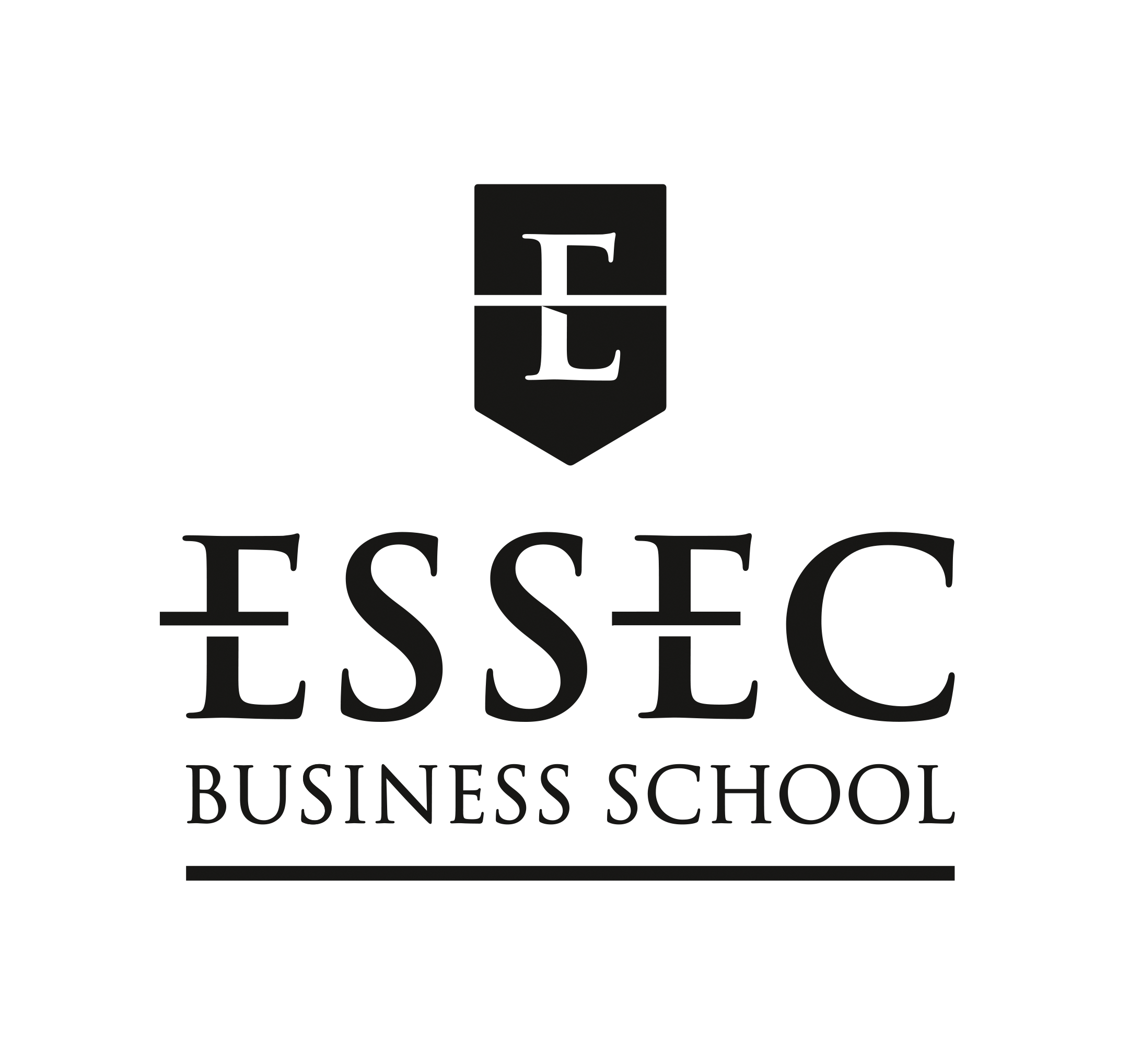- ESSEC Master in Management students secure internships at Beam Suntory, Sephora, and start-up Fibronostics.
- Junior Consultant Experience is an asset to their resumes.
- Career Services support and helpful guidance for navigating the Singapore marketplace.
Fears about having the right experience, writing a stellar resume—or simply being good enough—are typical for students looking for their first internships.
In their first year, ESSEC Master in Management (MiM) students Soumya Ludra, Moushmi Jiandani, and Saksham Mahajan from India were no different.
Today, Soumya is a business analyst intern at a health technology company, Fibronostics, Moushmi is a regional e-commerce analyst at Sephora, and Saksham is a supply chain intern at Beam Suntory.
They share some challenges they faced and how their time at ESSEC Asia-Pacific helped them overcome them.
Overcoming Unfamiliarity
“Singapore was a completely new space for me, so I had no idea what the job market would be like,” Moushmi recalls her biggest challenge. For her, ESSEC Career Services played a pivotal role in helping her familiarize herself with the new environment.
“There are specific mentors that will be able to guide you through the whole process,” she shares, adding: “The career services advisor was able to coach me on how to behave, what kind of interview questions to expect, and how to answer them.”
In anticipation of the obstacles that foreign students might face, the career advisor also took the time to explain the conditions of their student visas, Soumya chimes in.
“As an ESSEC student, you can work up to 40 hours weekly. Our career services advisor told us to explicitly mention this on the top of our CVs—and in red, so potential employers would pay attention to it,” she elaborates, noting that while simple, the tip was incredibly effective.
There is also no need to worry about not knowing where to find a job, Saksham declares. In his experience, the career fairs organized by ESSEC are an opportune platform for students to network with companies eager to hire interns.
He also found the school’s job search portal, JobTeaser, precious for giving students access to “ESSEC-exclusive” jobs that are not visible on other sites.
Overcoming Inexperience
Opportunities aside, Soumya came to ESSEC directly from her engineering and computer studies undergraduate degree and struggled most with proving she had relevant work experience.
“I felt that no one would want to take me because I had no previous work experience—at best, I had some theoretical knowledge,” she says.
The Junior Consultant Experience (JCE), exclusively available to MIM students at the ESSEC Asia-Pacific campus, was a significant bo on her resume.
As its name suggests, the JCE allows students to work as consultants for an honest company and solve a real-world business problem—gaining valuable work experience.
Soumya has paired with the leading services and payments platform, Edenre, and is tasked to help improve the company’s revenue model.
At her career services advisor’s recommendation, she included concrete statistics about her team’s projected revenue and impact on the community when describing the project on her resume—adding significantly to her credibility. She also took online courses to build her qualifications.
Overcoming Insecurities
But how have the three fared now that they have secured their first internships and started work?
“The subjects we learned have been beneficial—even those I didn’t initially think would be relevant have become handy in my internship,” Moushmi admits, noting that this is in part because professors “don’t just teach you about a subject, but also how you can use the knowledge in society.”
The other two agree, with Saksham crediting a module on Asian culture and the JCE as particularly helpful for helping him understand the expectations that companies in Singapore have for their staff.
Of course, credit is also due to ESSEC’s teamwork-focused learning-by-doing pedagogy, which all three concur has been pivotal in helping them improve their communication and confidence so they can hold their ground easily in their diverse workplaces.
“From someone who used to have imposter syndrome, my advice is to be bold,” Soumya shares. “The future is not as scary as you think, and your anxieties and fears can eventually be resolved.”
RELATED POSTS
Students from Southeast Asia on Dean’s List
Three Southeast Asian Global Bachelor of Business Administration (BBA) students—Éloïse Le, Janice Augustine, and Olivia Gunawan—achieved Dean's List…
What ESSEC SMIB Students Learned from Vietnam’s Top Companies in Just 5 Days
ESSEC Master in Strategy & Management of International Business (SMIB) students spent five impactful days in Ho Chi Minh City, gaining real-world…
Bridging Tomorrow: ESSEC-CentraleSupélec’s Revolutionary AI and Management Bachelor
Innovative program combines elite business education with cutting-edge engineering at Europe's prestigious institutions.
Specialized Prestigious Tracks: Elevating Global Business Excellence at ESSEC
ESSEC's Global BBA offers elite international tracks that transform students through immersive cross-continental learning experiences, prestigious…
The Asian Strategy Challenge: Real-World Consulting Experience
ESSEC's Asian Strategy Challenge transforms SMIB students into strategic consultants through intensive, real-world business problem-solving with…
Global Exposure: The Impact of Study Trips on SMIB Students
SMIB study trips to Bangkok, Dubai, and other global business centers provide transformative international exposure, developing cross-cultural…








